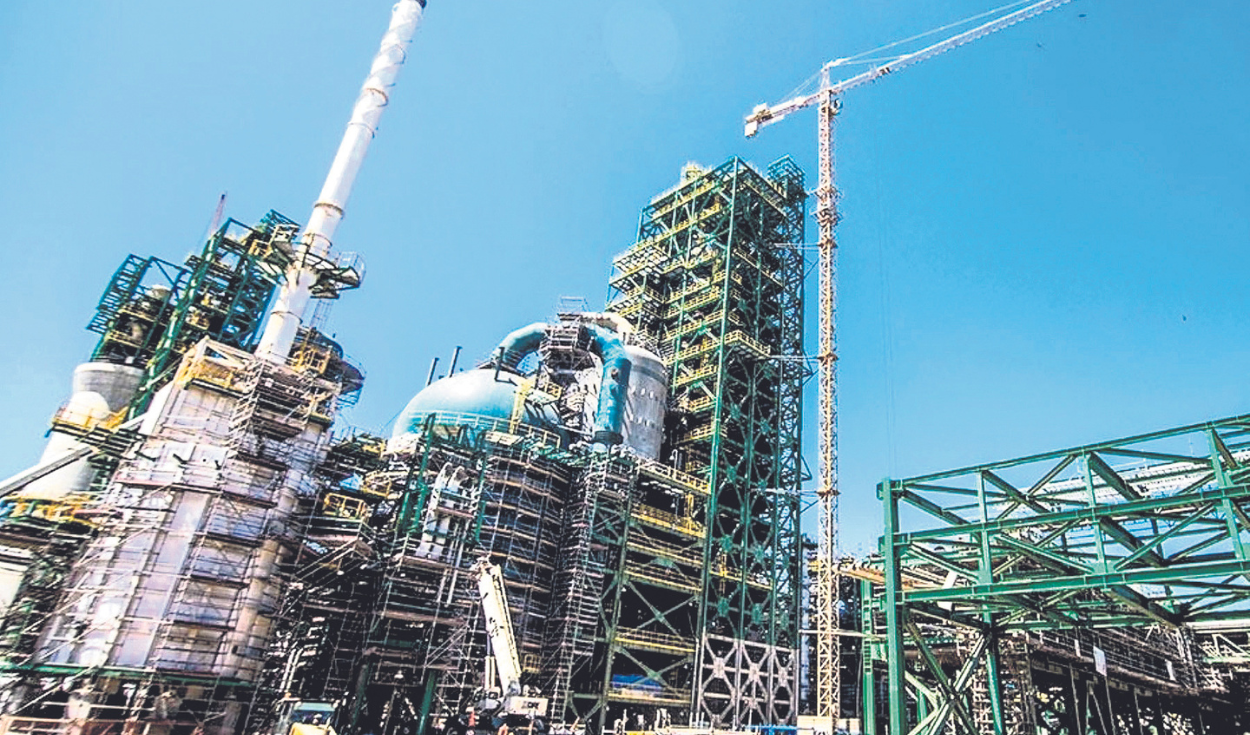
In December 2013, Law 30130 was enacted, which made the Talara Refinery Modernization Project viable. In its article 3, Petroperú was authorized to sell or issue shares for up to 49% of the share capital.
It is precisely that article that Country Advanceswith its bill 5977/2023-CR, seeks to modify and eliminates the set percentage in law 30130, that is, the sale of shares can be up to 100%, the full privatization of Petroperú.
Private equity in minority form
Germán Alarco, research professor at the Universidad del Pacífico, pointed out that the initiative is inappropriate and inopportune. He noted that short- and long-term elements must be taken into account.
He explained that in terms of the immediate term, the market valuation, to the extent that the New Talara Refinery is not fully operating and it would not have the oil lots that would allow it to capture the oil rent, in gross numbers the entire value of the assets of Petroperú could be reduced to 5% of its current value. “This would cause a huge loss to the Peruvian State regarding the investment made (in the refinery),” he stressed.
“In the long term, it would not be bad for the private sector can participate in the assets of the companybut in a minority way as happens in Ecopetrol and other state oil companies,” stated Alarco Tosoni.
Another key issue, the specialist points out, is that the minority opening should be done when the NRT takes advantage of the refining margins and the oil income that the oil lots should generate for around US$800 million, of which it would be necessary to deduct at least US$600-700 million to repay the company’s debts.
“With a net profitability of US$100 million, the company would be worth US$1,000 million, still generating a large loss for the Peruvian State. The way out then is that we have to wait a long time and Perupetro has to reverse its decision regarding bidding for the oil lots,” said the professor.
Another aspect that Alarco noted is that a totally private company, in this sector, is not good due to the possible effects it could have on clients, reducing the magnitude of the national consumer surplus. “In an extreme case, buyers By purchasing it so cheap they can close itmaking us lose the refining margins, the added value and employment that is generated nationally,” he questioned.
In this regard, it is worth remembering that during the first government period of Alberto Fujimori Petroperú’s main assets and business units were sold, for a total value of only US$863 million. The losses for the Peruvian statecalculated between 1994 and September 2005, amount to US$1,324 million.
Due to this process, The state company lost two of its main sources of incomesuch as the taps and oil lots, and saw its income reduced due to the refining margin, due to the refinery auction La Pampilla.
Mobilization this September 27
The National Confederation of Hydrocarbons of Peru and Related Products called for a national mobilization for this Wednesday, September 27, in rejection of the international bidding process for lots I, VI and Z-2B of Talara, as well as against the bill of Country advances.
“We will go out to protest against this neoliberal attack that wants to take away our oil and Petroperú lots,” the letter states.
The key
DU 023-2022. Improvement of good corporate governance Petroperu provides for the valuation of the company and preparatory actions for a public offering of shares.
The word
Germán Alarco, professor at the Universidad del Pacífico
“In the long term, it would not be bad for the private sector to participate in the company’s assets, but on a minority basis, as happens in Ecopetrol and other state oil companies.”
Source: Larepublica
Alia is a professional author and journalist, working at 247 news agency. She writes on various topics from economy news to general interest pieces, providing readers with relevant and informative content. With years of experience, she brings a unique perspective and in-depth analysis to her work.












